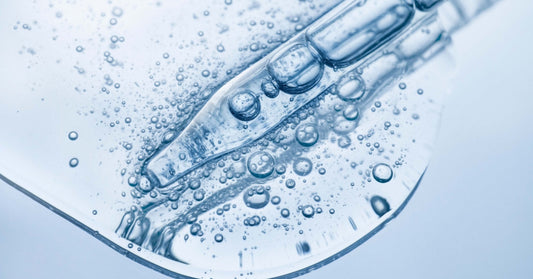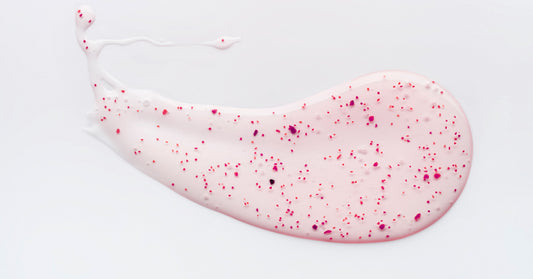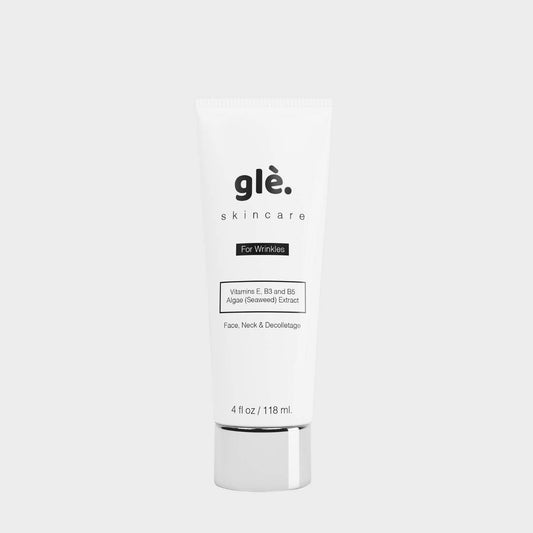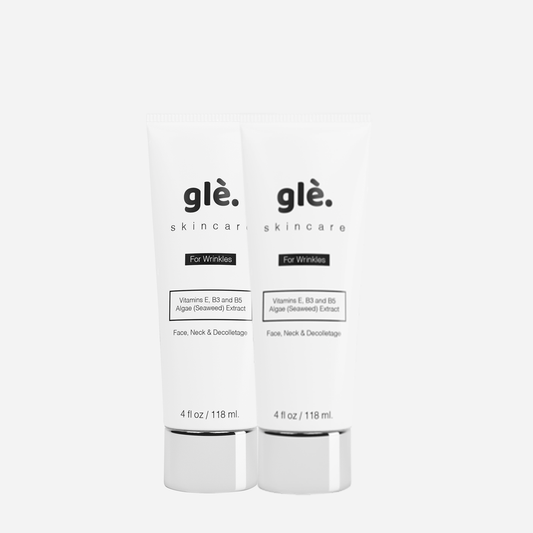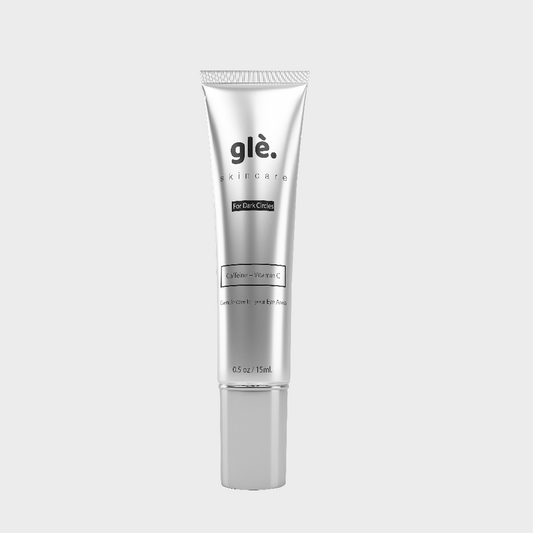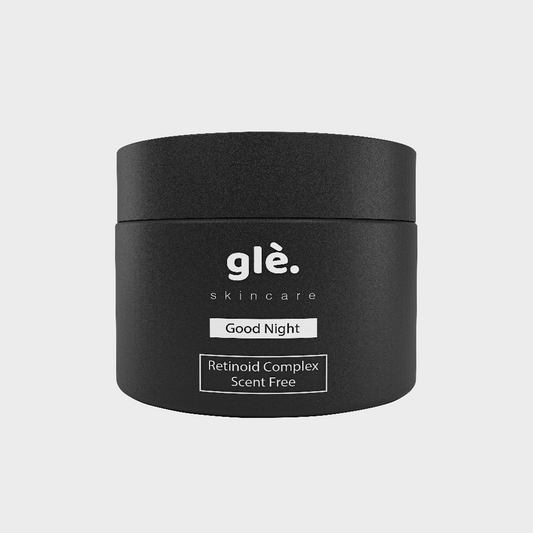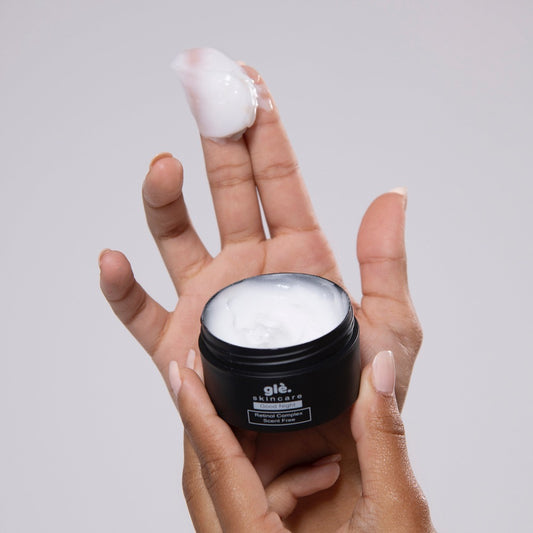As we age, the skin naturally loses certain functions that kept it healthy and strong over the years. Collagen, the fundamental protein for the structure and function of our skin, begins to decrease, and that results in a loss of firmness and elasticity. Let’s not forget environmental factors that play a role. Over time, UV light damages elastin fibers – another essential protein in the body – which causes the skin to sag and stretch. Finally, your diet and lifestyle can also accelerate the breakdown of collagen and elastin.
You can’t stop aging, but you can protect your skin and reinforce skin elasticity. The tips we’re about to share are all dermatologist-approved and recommended. They're easy to incorporate into your lifestyle, so if you haven’t begun to, now is the time to start.
What is Skin Elasticity?
Essentially, skin elasticity is the body’s ability to stretch, sag, and then bounce back to its original state. As we get older, we lose skin elasticity, or in other words, the ability to “bounce back,” which is known as elastosis. When elastosis occurs, your skin will appear crepey and weathered. You can’t prevent elastosis completely, but you can do things to mitigate it, such as wearing protective skincare products.
Always Wear Sunscreen
One of the greatest environmental offenders to your skin is the sun. Wearing sunscreen protects your skin against UV damage and is considered the most effective anti-aging product. Too much exposure to UV rays will reduce your skin’s elasticity at any age. Always apply sunscreen last in your routine, as it not only protects your skin but also your skincare products against UV light exposure. Without sunscreen, those products will be damaged and unable to perform their duties.
Use a Retinoid Product at Night
Retinoids are a group of molecules that are derived from vitamin A. These molecules, such as retinol, stimulate collagen production and promote skin cell turnover (the process of producing new skin to replace the old). Vitamin A improves elastin fibers, making them more resilient to the plights of age. Find a good product with retinol (or any retinoid) and use it consistently to enhance your skin's radiance.
Wear a Vitamin C Product
When you want your skin to bounce back to its youthful, supple state, add a vitamin C serum to your regimen. Vitamin C has anti-aging and brightening effects that will make your skin look younger. We also recommend including vitamin C in your diet. A diet rich in antioxidants is known to improve skin elasticity and overall health.
Be Consistent with Your Skincare Routine
Once you have formulated the perfect skincare routine for your skin type, be consistent. Your routine doesn’t need 12 complicated steps. It can be as simple as using a cleanser, moisturizer, and sunscreen. Although we do recommend additional products to strengthen skin elasticity, by simply washing your face with a high-quality cleanser, you can improve the health and resilience of your skin.
So, if you feel overwhelmed by a multi-step product, simplify it, and then be consistent with it.



